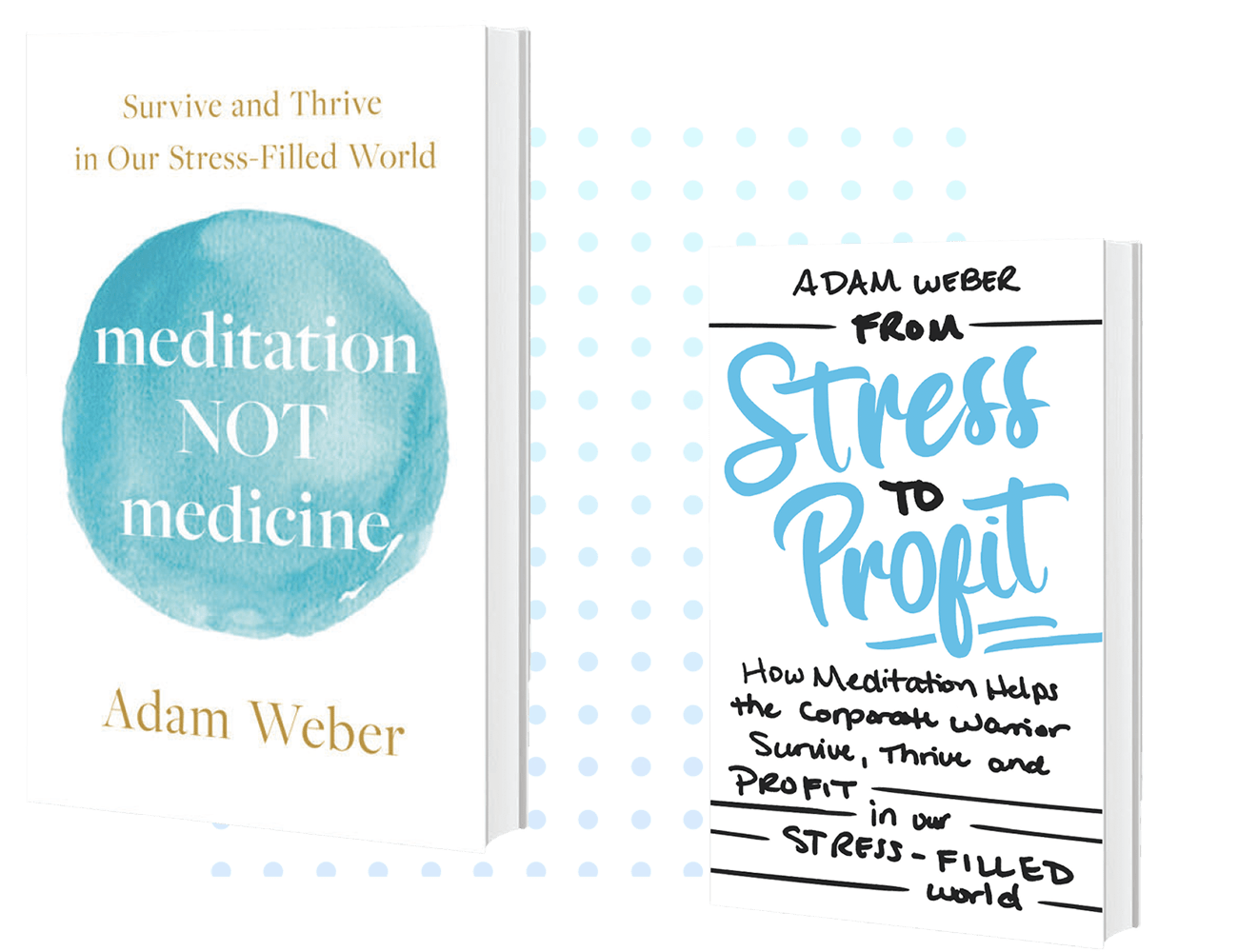Many Americans have learned about the amazing benefits that meditation can provide to feel calmer, remove stress, and live a better life quality. Some—maybe you—don’t yet know the logistics of making it happen. You’re about to find the answers you need.
Read on to discover when, how, and where to meditate for the best results.
When should you meditate?
There are no rules that say you must meditate at a specific time of day or night. Pick a time that works for you. Don’t pick a time when you feel hurried or under duress.
When you wake up, your brain is still quiet, so why not prime the pump first? Early morning peace and quiet have positive effects. Nearly everyone is still asleep. There are no distractions. Like an early morning cup of coffee, meditation can bring clarity and ease.
When you enter your day with this kind of clarity, you tend to carry a feeling of positivity with you from the early morning hours to the afternoon and all the way to the evening. It is amazing what this feeling can do for your outlook on the day.
Personally, meditating in the morning works well for me, and I think it does for many people. However, you can meditate during the day, night, or any time you feel the need to calm down, reset, or get balanced. The key is to be consistent with it.
How Long and How Often should you Meditate?
To receive the most benefits from meditation, you must have regular practice. Meditating for a longer period is more beneficial than a shorter one, but doing even just a few minutes per day is always better than nothing.
If you are starting, I recommend you meditate for just a few minutes every day. You can start with as little as one or two minutes. When you can sit still for that long, try meditating for five minutes and then ten minutes. Keep increasing your time as you get comfortable with the practice.
Because everyone is different, there is no right amount of time to meditate each day when you are established. The more time you invest in your practice, the more results you will see.
Meditating for just five to ten minutes a day has been shown to have a positive impact. Meditating for twenty minutes or longer has been shown to have even more benefits, so this would be a good goal if you can get there.
Practice meditation every day. When a daily meditation practice isn’t achievable, you can still enjoy some benefits from meditating three to five times a week. Meditating daily, however, will help you create a habit and get you the most results.
Where should you Meditate?
The key to creating consistency is to find a place you’re comfortable with—a place that resonates with you that you can designate as your meditation spot.
Consider turning one of your rooms into your meditation room. A spare bedroom or loft area would be suitable, as would just a corner of your bedroom or living room. In your decision-making, think about a place that isn’t too noisy. Whether it is a spare room, a closet (make sure it is big enough), or a corner of a room, pick a space you can come back to and feel comfortable with every day.
Feel free to customize this space to enhance your experience. Some people like to adorn their meditation area with calming complementary pieces like miniature waterfalls, bonsai plants, and rock gardens. Anything that helps you associate the area with meditation is fine.
That space will soon become familiar, as you anchor your habit to it and set yourself up for long-term success.
Although accessorizing your meditation space is an option, all you need is to set out a cushion in a room of your home or find any place to sit where you can feel peaceful. The whole point of meditation is to remove stress from your life, so don’t create extra stress by perfecting the space around you. It can always be moved or adjusted based on your needs or desires as you go.
Today, Tomorrow, and Beyond
Now that you understand these critical factors to establish a good meditation routine, nothing stops you from feeling calmer, decreasing stress and better control of your life.
Do whatever you need to do to meditate today, tomorrow, and beyond.
For more advice on when, where, and how to meditate, you can find Meditation Not Medicine on Amazon.
Adam J. Weber is the “no BS, common-sense” speaker, author, product creation specialist, and owner of Weber Real Estate Advisors and Weber Advisory Group’s highly successful companies. He helps people reduce stress through his highly celebrated meditation technique: “Easy to Meditate.” When he first tried meditating, Adam was frustrated with the “flowery woo-woo fluff” of meditation books. He wrote Meditation Not Medicine to share his simple, practical approach to meditating, helping others reduce their stress without medication. He lives in New York with his wife, Haley; his two sons, Andrew and Daniel; and his best bud, Churchill, a Golden-Retriever-English-Setter mix.


